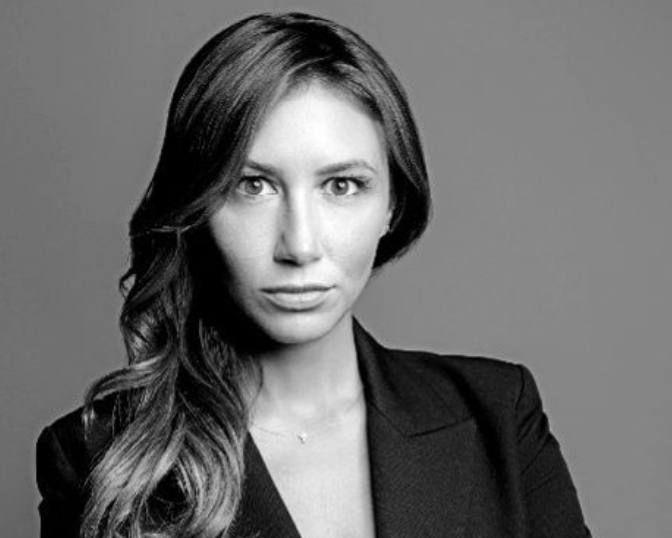
"Trump's withdrawal of Habba's nomination highlights an attempt to bypass a statute barring her from serving as Acting U.S. Attorney, raising legal questions about adherence to the law."
"The Supreme Court's potential move to overturn NYT v. Sullivan indicates a significant shift in how media freedom and defamation are approached, especially regarding public figures."
"The Barnett-Wurman effort to rewrite birthright citizenship is critiqued through a historical lens, invoking the Dunning School to challenge the validity of their scholarship."
"Despite the notion that grand juries can indict nearly anyone, LA grand juries are showing reluctance to indict ICE protestors, reflecting a complex view on justice."
"January 6 prosecutors have initiated a lawsuit against Pam Bondi for alleged retaliatory dismissals, underscoring ongoing tensions related to the Capitol riot."
"Large law firms confronting Trump may be using their financial resources from profits to sustain their legal battles, indicating a strategic approach to litigation."
Trump's decision to withdraw Habba's nomination appears to be a strategic move to circumvent a statute that prevents her from serving as Acting U.S. Attorney if her nomination has been submitted. The Supreme Court may also be moving to overturn NYT v. Sullivan, potentially altering the dynamics of media freedom and defamation laws. Additionally, criticisms are being leveled against efforts to revise birthright citizenship. The actions of LA grand juries show an unwillingness to indict certain protestor groups, while prosecutors continue legal actions against individuals connected to the January 6 events. Law firms are reportedly channeling profits into their legal battles against Trump.
Read at Above the Law
Unable to calculate read time
Collection
[
|
...
]